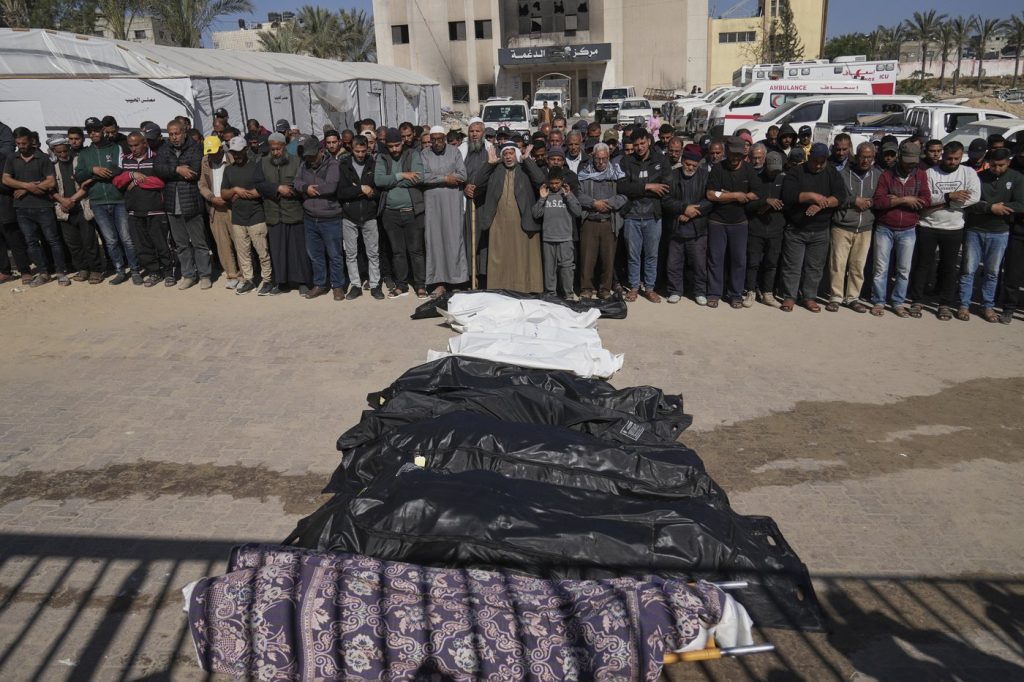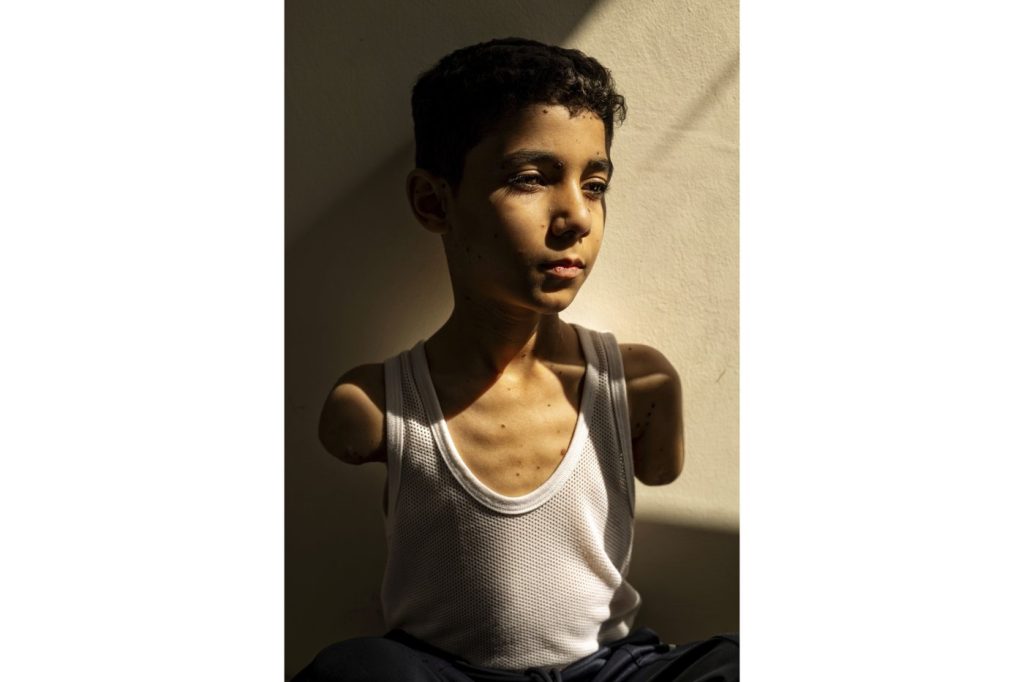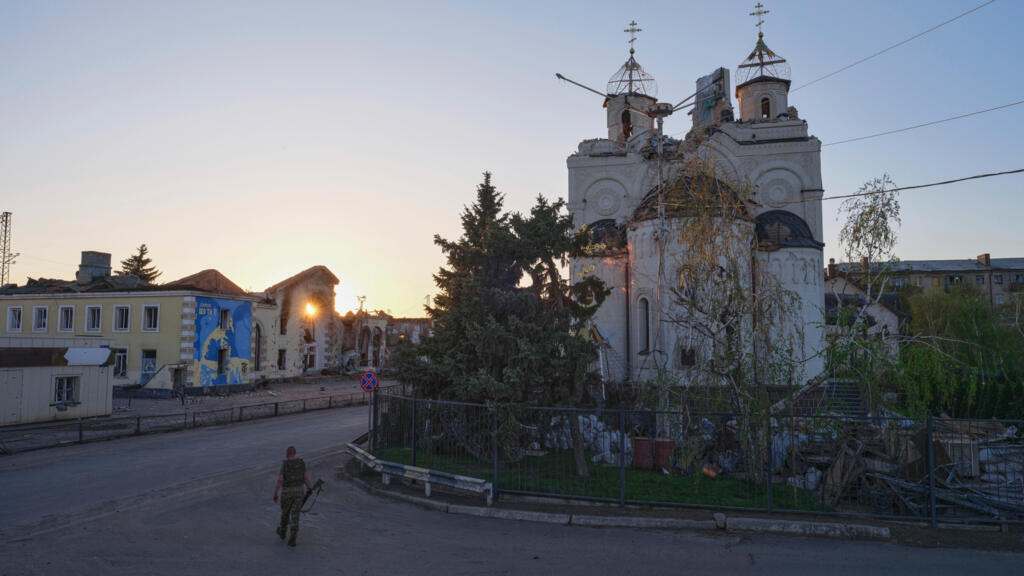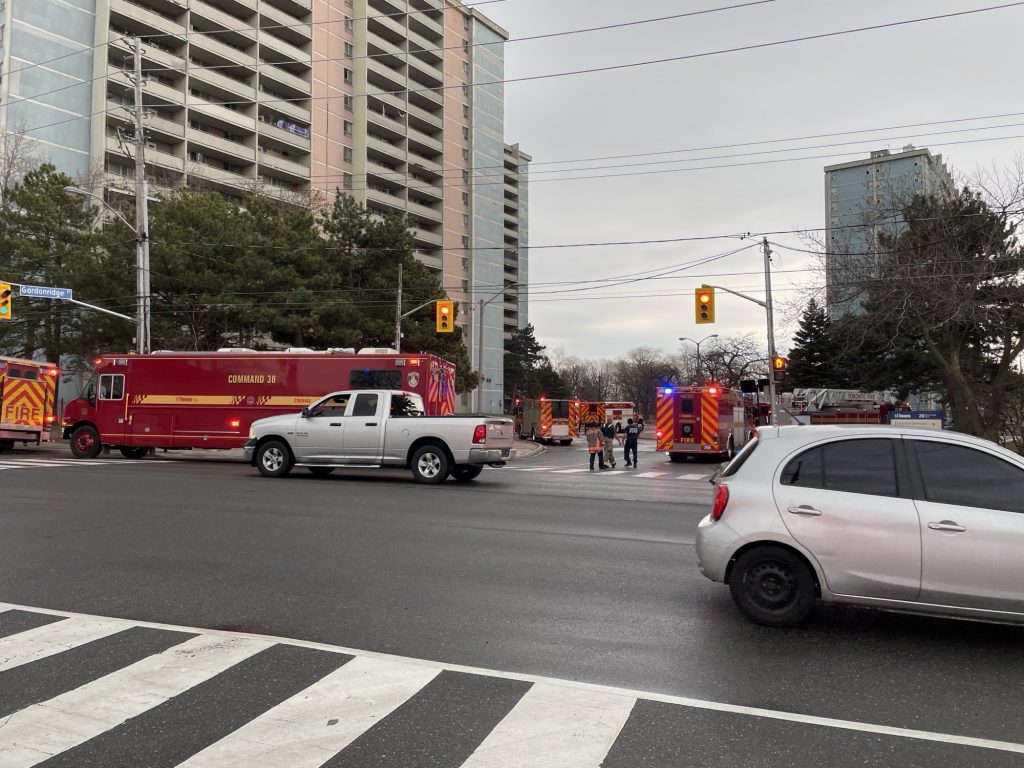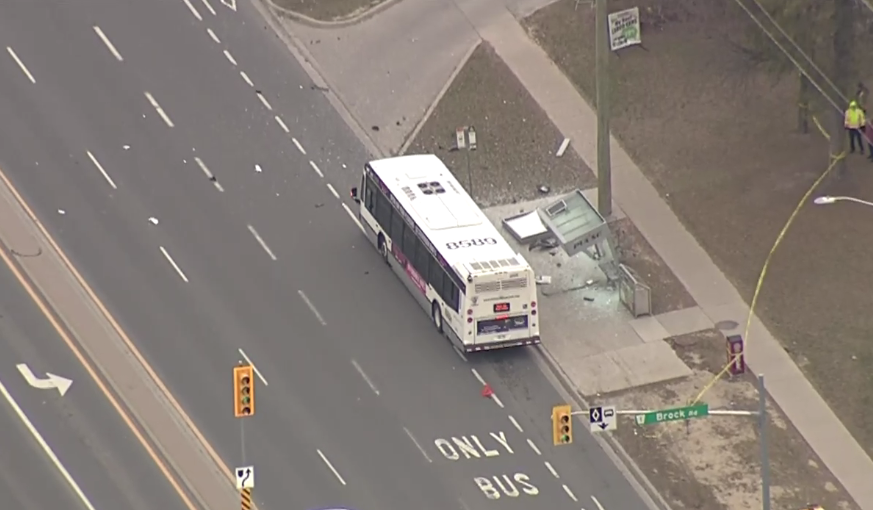DEIR AL-BALAH, Gaza Strip (AP) — Aid organizations have issued urgent warnings regarding the ongoing blockade imposed by Israel on the Gaza Strip, which has persisted for over six weeks, barring the entry of essential food and goods. According to the United Nations, the blockade has resulted in thousands of children becoming malnourished, and the majority of the population is struggling to consume even one meal a day as available food supplies dwindle.
The alarming humanitarian situation worsened as Israeli airstrikes continued overnight, resulting in the deaths of at least 27 individuals, including six women and 15 children. The humanitarian aid system in Gaza is now on the verge of total collapse, as stated by the heads of 12 independent aid organizations in a joint statement. Many of these organizations have ceased operations due to the dangerous conditions caused by Israel’s renewed bombardment throughout the past month.
No food, fuel, medicine, or any supplies have entered Gaza since Israel enacted its blockade on March 2. Following this, airstrikes resumed on March 18, violating a previous ceasefire, and Israel proceeded to seize large parts of the territory with the stated goal of pressuring Hamas to release hostages. This renewed conflict has led to hundreds of fatalities and has forced more than 400,000 Palestinians to flee their homes, contributing to increasing displacement crises.
Recent attacks have further deepened the crisis. In Khan Younis, a single airstrike killed a family of ten, comprising five children and four women, as per reports from Nasser Hospital. Additional strikes in northern Gaza have resulted in the deaths of two couples and nine children, while a strike on a school sheltering displaced individuals in Jabaliya killed three adults and a child. Amidst these attacks, the Israeli military justifies its strikes by stating they target Hamas militants, often blaming the resulting civilian casualties on the militants’ presence in these areas.
The United Nations humanitarian office, OCHA, noted that nearly all of Gaza's more than two million residents now depend on charity kitchens, which can offer only around 1 million meals per day, primarily consisting of rice or pasta without fresh produce or protein sources. Other food distribution channels have collapsed due to a lack of supplies, leading U.N. and various aid groups to reroute their remaining stocks to charity kitchens to cope with the dire situation.
In addition to food scarcity, water availability is rapidly decreasing. Residents are forced to wait in long lines for water truck deliveries, often receiving only six or seven liters per day, which falls significantly short of the U.N. basic requirement for daily consumption. In March alone, over 3,600 children were newly treated for acute malnutrition, a sharp increase from around 2,000 the previous month, illustrating the rapid deterioration of the nutrition situation, as stated by OCHA.
Strikingly, aid groups’ ability to treat malnourished children has severely declined due to the dangers posed by airstrikes. Reports indicate that humanitarian workers managed to only reach 22,300 children with nutrient supplements in March, a decline of 70% from February. Currently, only about 100 of the original 173 treatment sites remain operational.
The blockade and ongoing violence have led many aid organizations to halt or reduce operations, with a survey indicating that 95% of 47 studied groups either reduced or completely ceased their activities. Israel has ceased coordination with humanitarian organizations regarding their movements in Gaza, leading to insufficient security assurances for aid workers. The COGAT agency has acknowledged the discontinuation of this coordination system. Since mid-March, Israeli attacks have affected the staff or facilities of at least 14 organizations, claiming the lives of around 60 aid workers.
Israeli Defense Minister Israel Katz defended the blockade, labeling it a critical pressure tactic aimed at Hamas, which Israel accuses of diverting aid. However, aid organizations refute this claim, asserting that the UN closely monitors aid distribution. Rights groups have labeled the blockade a “starvation tactic.” Israel has set conditions for any new ceasefire, demanding the release of additional hostages, while Hamas retains 59 hostages and insists on substantial terms for their release, including the withdrawal of Israeli forces from Gaza.
The ongoing war, which began with a Hamas-led attack on southern Israel on October 7, 2023, has resulted in the death of over 51,000 Palestinians, predominantly women and children. This conflict has led to extensive devastation of Gaza's infrastructure and food production capabilities, displacing approximately 90% of the population, with many residing in temporary camps or damaged buildings.


